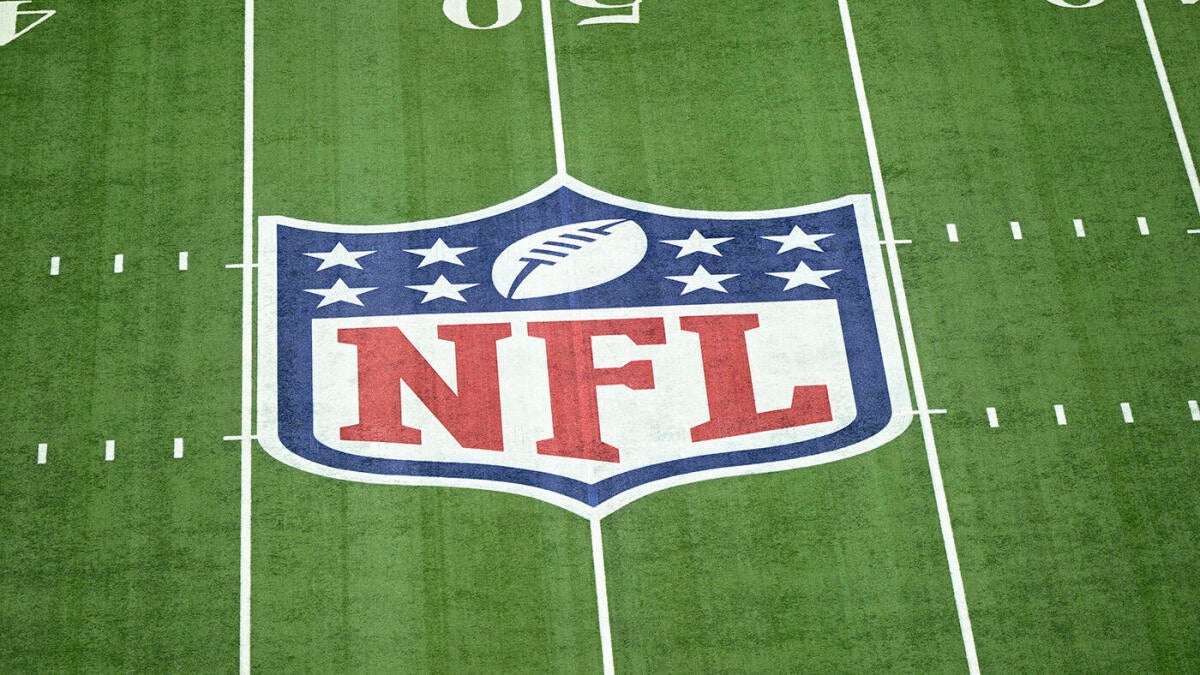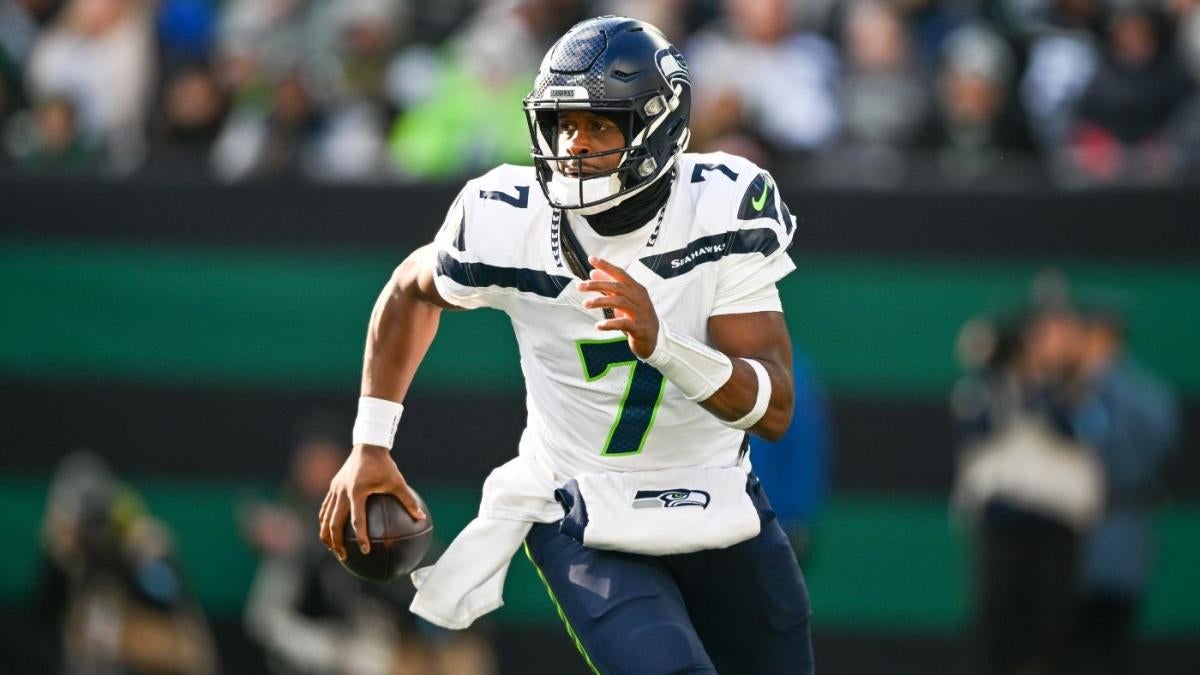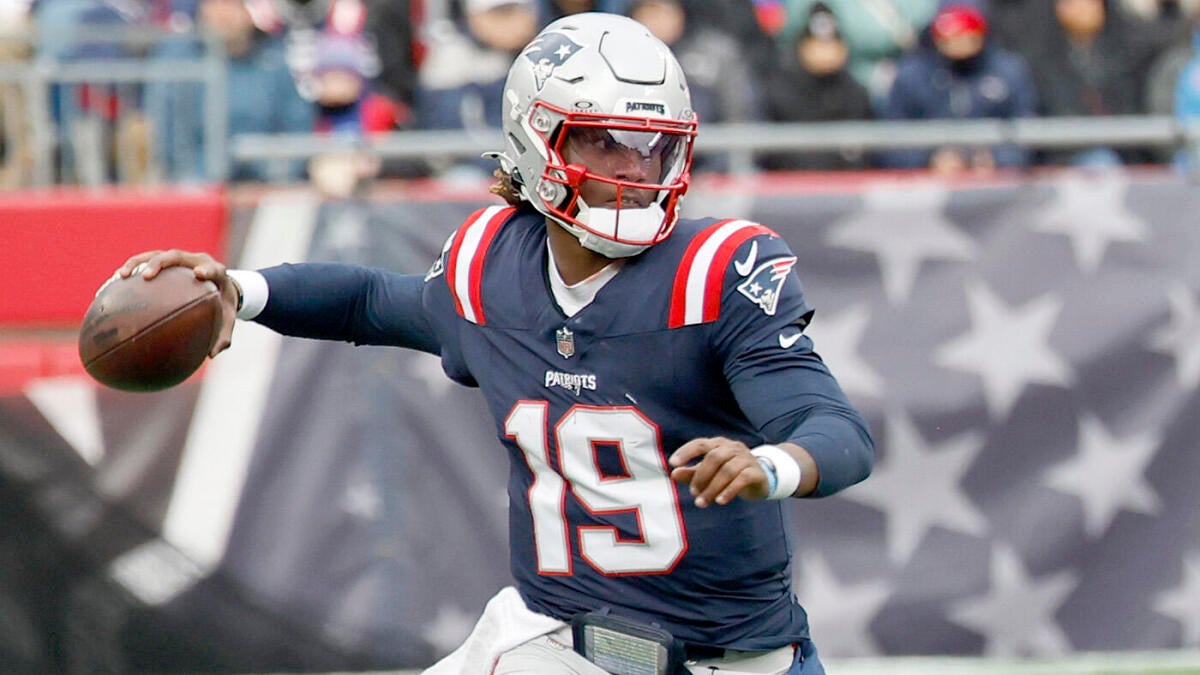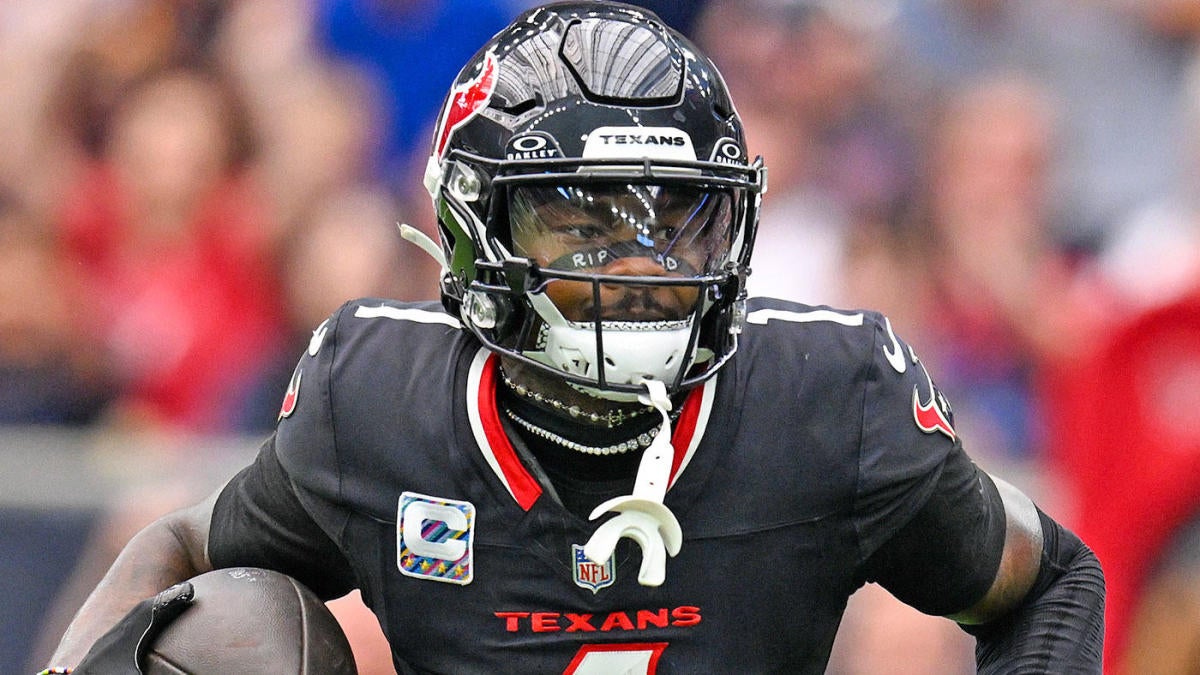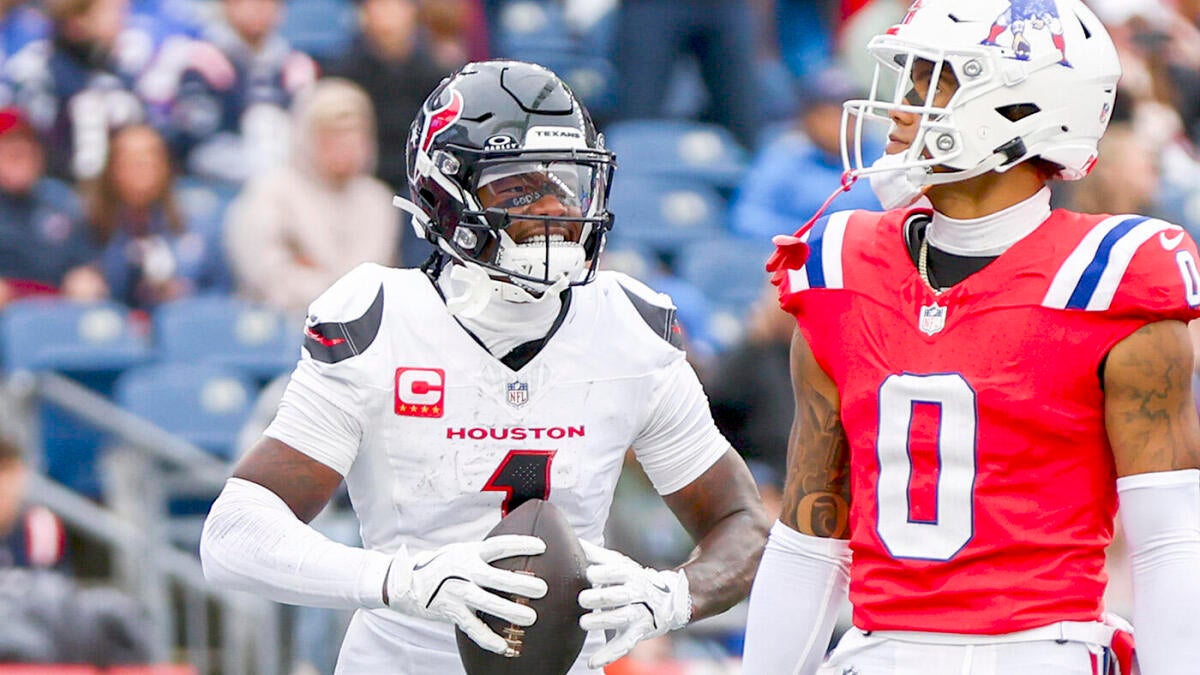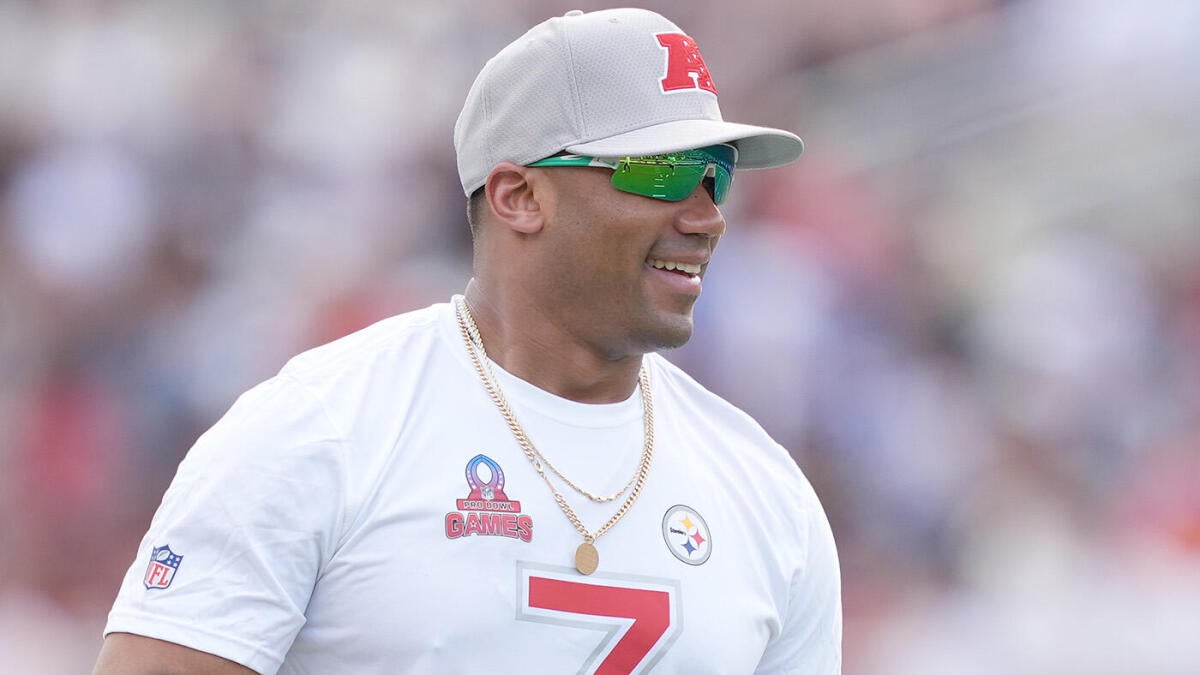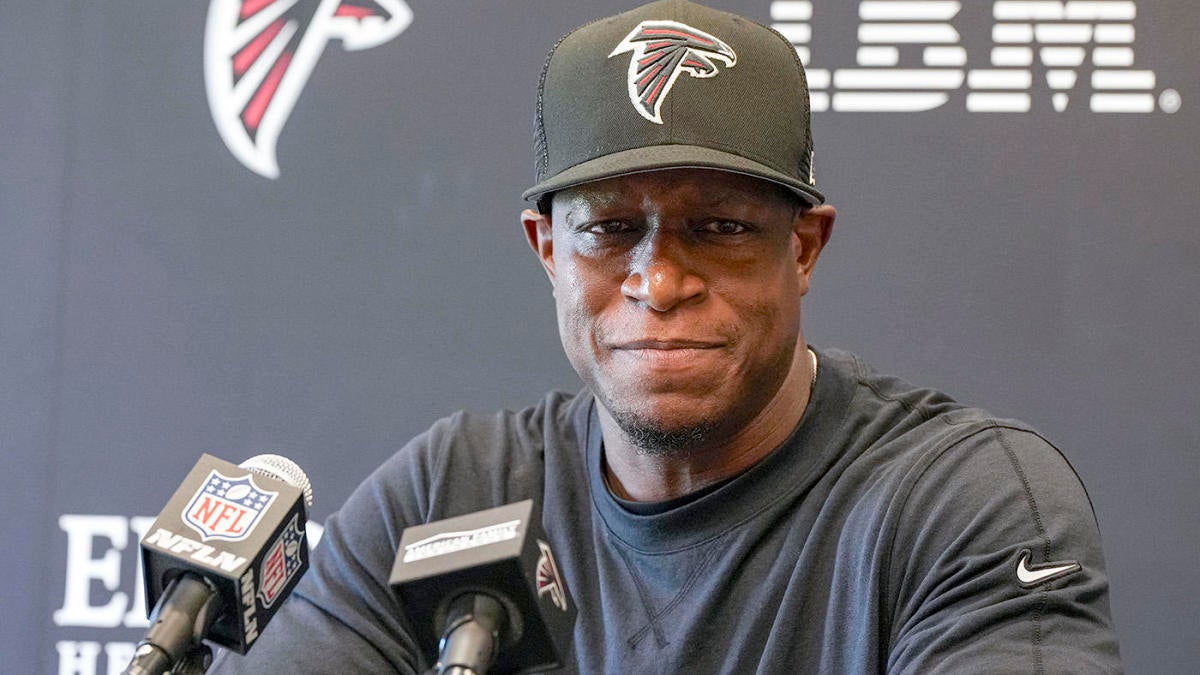
Whether you’re a casual bettor or aiming to take betting more seriously, understanding how bookmakers create and adjust odds will help you make smarter bets. Bookmakers set odds based on the probability of specific outcomes in sporting events, which influences your potential winnings. Generally, lower probability means an event is more likely to happen, while higher probability suggests it’s less likely.
If you want to be more strategic in your betting, getting familiar with the mechanics behind odds is essential. This deeper knowledge helps you assess the risk and potential return on each bet you make, boosting your chances of winning. So, how do odds work, and how can you analyse them effectively? Let’s break it down in detail.
How Odds Work
Bookmakers use a combination of analytics, statistics, and expert opinions to determine the odds for any given event. Odds represent the likelihood of a specific result happening and indicate how much you stand to win depending on the stake you place.
For example, if a bookmaker offers a probability of 2.00 for a team to win, it means they believe there is a 50% chance of that team winning. To calculate this, you divide 1 by the probabilities: 1/2.00 = 0.50, or 50%.
If the odds increase to 4.00, this suggests the probability of that team winning drops to 25%: 1/4.00 = 0.25, or 25%.
Bookmakers don’t just base odds on pure probability, though. They include a margin, or “vig,” to ensure they profit regardless of the outcome. The margin means that the total percentage probability across all possible outcomes will always exceed 100%. For example, if both teams in a match are given probability of 1.90, the implied total probability will be 105.26%:
1/1.90 + 1/1.90 = 1.0526 (105.26%).
The extra 5.26% represents the bookmaker’s margin. This margin ensures the bookmaker earns money regardless of which team wins.
Decimal vs. Fractional Odds
Depending on where you are betting, you might encounter different formats for odds. The most common are decimal odds (used in Europe, Canada, and Australia) and fractional odds (popular in the UK).
- Decimal odds: Easy to understand, as they directly tell you how much you will receive for every unit wagered. For example, decimal odds of 3.00 mean you’ll get $3 for every $1 bet, including your stake.
- Fractional odds: Express the ratio of profit to stake. For instance, odds of 5/2 mean that for every $2 you bet, you will win $5. Your total return would be $7 ($5 profit plus your original $2 stake).
In either case, the same idea applies: lower odds mean a higher chance of the event happening, while higher odds mean a lower chance. Whether you’re betting on sports or playing games at Slotozen, the principle is the same. Just like understanding odds can help you make better choices in sports betting, knowing how the probability work in Slotozen can help you make smarter decisions when playing slots or other casino games.
A Detailed Example of Calculating Odds
Let’s take a real-world football example featuring two of England’s most famous clubs: Manchester United and Chelsea.
Imagine Manchester United is playing Chelsea, and the probability set by the bookmaker are as follows:
- Manchester United win: 2.38
- Chelsea win: 3.03
- Draw: 5.26
These probabilities are based on various factors, including each team’s recent form, head-to-head statistics, injuries, and weather conditions.
Step 1: Calculate the Implied Probability
To calculate the probability behind each set of odds, you use the formula:
Implied Probability (%) = 1 / Odds x 100
For Manchester United’s odds (2.38):
1 / 2.38 = 0.42 (42%)
For Chelsea’s odds (3.03):
1 / 3.03 = 0.33 (33%)
For a draw (5.26):
1 / 5.26 = 0.19 (19%)
This suggests that the bookmaker estimates Manchester United has a 42% chance of winning, Chelsea a 33% chance, and a draw is likely to happen 19% of the time.
Step 2: Understand the Bookmaker’s Margin
The bookmaker adds a margin to ensure they profit regardless of the outcome. The total probability is more than 100%, indicating the margin.
- Manchester United win: 42%
- Chelsea win: 33%
- Draw: 19%
Total = 42% + 33% + 19% = 94%
The remaining 6% represents the bookmaker’s margin, ensuring their profitability.
Basic Methods of Odds Analysis
Understanding how to properly analyse probability can significantly improve your betting outcomes. Here are some strategies for analysing and interpreting odds:
1. Compare Odds Across Different Bookmakers
Different bookmakers often offer slightly different odds for the same event. For example, one bookmaker might offer odds of 1.90 for a particular outcome, while another may offer 2.10. It’s essential to shop around and use odds comparison tools to ensure you are always getting the best probability available. Even a small difference can add up over time, particularly if you’re placing multiple bets.
2. Account for External Factors
There are numerous factors that can influence the outcome of a sporting event and, by extension, the odds. For instance, injuries to key players, changes in team management, or even weather conditions can significantly alter a team’s performance. A rainy match day might give an advantage to a team that’s used to playing in wet conditions, for example.
Let’s say Chelsea’s star striker is ruled out of a match due to injury, or rain is expected during a game. These factors might make Chelsea’s chances of winning decrease, and you would see the probability for a Chelsea victory lengthen as a result.
3. Use Historical Statistics
Studying past performance data is an excellent way to understand team dynamics and predict future outcomes. Look at head-to-head records between teams, individual player performance, home vs. away form, and other key statistics. For example, Manchester United might have a strong home record, while Chelsea could be struggling away from home. These stats are crucial in betting analysis.
If Manchester United has won 60% of their last 10 home matches and Chelsea has lost 40% of their away games, this could indicate a higher likelihood of a Manchester United win. These statistics are typically reflected in the bookmaker’s odds.
Practical Tips for Beginners
To become a better bettor, it’s essential to follow these practical tips:
- Start with Small Bets: When you’re new to betting, it’s wise to start small. Don’t jump in with large wagers. Instead, get comfortable with the process by making smaller bets, focusing on learning and improving your analysis skills.
- Do Your Research: Always stay informed. Read expert opinions, study match previews, and keep up with team news. The more informed you are, the better your betting decisions will be.
- Keep Track of Your Bets: Maintaining a record of your bets is key to improving over time. Note the odds, the outcome, and your stake. This will help you see what’s working and what’s not, enabling you to refine your strategy.
- Avoid Emotional Betting: It’s tempting to bet on your favourite team, but emotional betting can often lead to poor decisions. Make sure your bets are based on solid research, not loyalty or wishful thinking.
Advanced Betting Concepts: Value Betting
Once you’re comfortable analysing probability, you can start looking for value bets. A value bet occurs when the bookmaker’s odds underestimate the actual probability of an event.
For example, if you believe Chelsea has a 40% chance of winning, but the bookmaker’s odds imply only a 33% chance, you’ve found a value bet. Here’s the calculation:
Value = (Probability x Odds) – 1
Value = (0.40 x 3.03) – 1 = 0.212, or 21.2% edge
In this case, you’ve identified a 21.2% value, which makes the bet more appealing because the real chances are higher than the odds suggest.
How Bookmakers Adjust Odds
Bookmakers frequently adjust odds based on market activity and incoming information. If a large volume of bets is placed on a specific team, the bookmaker may lower that team’s odds to limit their own exposure. Similarly, breaking news, like a key player injury or sudden weather changes, will trigger an adjustment.
This means that probability can fluctuate rapidly, and it’s essential to stay updated on the latest developments in the teams or events you’re betting on.
Smart Betting Strategies for Long-Term Success
Betting is not just about luck. To be successful over the long term, it requires strategy and discipline:
- Stick to What You Know: Focus on sports, teams, or leagues that you understand well. Familiarity with a sport increases your chances of making well-informed decisions.
- Don’t Chase Losses: It’s easy to get caught up in the heat of the moment and try to win back money after a loss. This often leads to reckless betting. Stay calm and stick to your strategy.
- Diversify Your Bets: Don’t put all your eggs in one basket. Spread your bets across different events and markets to minimise risk.
- Track Your Success: Keeping a log of your betting history allows you to see what’s working and where you need to improve. Over time, this will help refine your approach.
Conclusion
Mastering probability analysis is essential for any sports bettor looking to improve their results. By understanding how bookmakers set and adjust odds, you can identify value bets, analyse trends, and make more informed betting decisions.
Whether it’s comparing probabilities across bookmakers, factoring in external conditions, or using statistical analysis, odds analysis is your key to success. Combine this with a smart betting strategy, and you’ll be well on your way to boosting your long-term profitability.
Go to Source
Author: Team Dunkest
October 30, 2024 | 3:00 am
